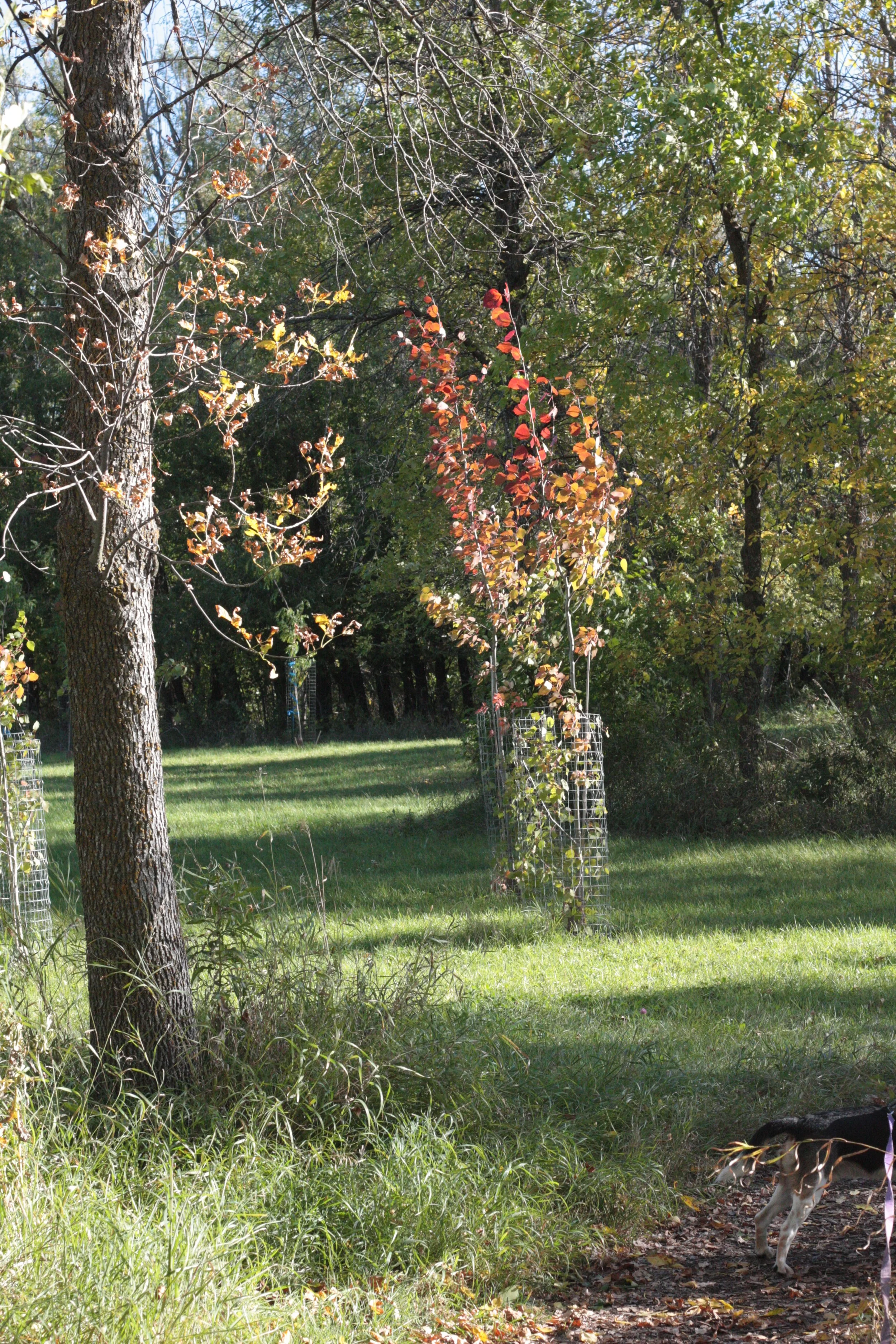1 Podcasts
There are podcast episodes that stand out because someone makes a point that stays in my mind long after the subject has changed. The Decibel, for example, interviewed Justine Hunter on the subject of lost fishing gear from a once busy Canadian industry that is now hurting wildlife and the efforts deployed to retrieve it. A worthy story that rings a tiny bell of optimism, but mostly what I retained is how Hunter framed the effort… On the podcast she says
To me, this is also a reminder that the abundance of our oceans has been depleted and cleaning up some of these messes, to me, is just like a little penance that’s due.
It’s as though she’s reminding us, having herself experienced how big and how amazing the ocean is, how some of its beautiful animals are suffering, that the inconvenience it’s now costing us to retrieve gear from a time when we benefitted so much from the ocean’s bounty, is a way of recognizing nature’s majesty and asking its forgiveness for our too hurried, too greedy attitude. I find it a heartening attitude. (Episode here.)
Second, is Canadaland… Jesse Brown is in favour of safe injection sites. The issue is in the news, Brown talks about how politicians spin the problem in their snappy-sensational-making soundbites and then takes the listener on a little journey to another perspective, thanks to a thoughtful interview with Derek Finkle. I really enjoyed this episode because it felt like I really learned a lot in a short time. Nice work! (Episode here.)
2 Department stores
This week I finished reading Bruce Allen Kopytek’s book titled Eaton’s: The Trans-Canada Store.
It’s the latest read in a fun little side-project into colouring-in my mother-in-law’s life story, which included seven-years’ employment at the Eaton’s store in Winnipeg in the 1950s. The book ends inevitably with the store’s demise and Kopytek writes:
Some employees offered their experiences over the last few turbulent years in hindsight. They admitted that the store became terribly shabby […]. More than one claimed that Eaton’s abandonment of its core customer was critical to its failure. The youth group that the store sought was not only fickle, but it also didn’t have tremendous amounts of disposable income, and what’s more, it never really identified with Eaton’s like its former customers did. (pp 386-7)
Its hard not to see in this a kind of pre-mortem for The Bay at the St. Vital Mall where my mother-in-law every week has us park the car, where we pass through broken doors and where she browses styles she dismisses (cut-out shoulders, shiny puffer jackets, neon shirts) as bizarre.
How many more years will this one limp along pretending that marketing can substitute for care, when I’m pretty sure there are a lot of older women that would be pleased with a crisp white polyester-blend button-down, with short sleeves for summer. And an extensive petites section.
3 A lemon dessert
This week, I made Amy Thielen’s Lemon Nemesis for a lemon-loving birthday-celebrating lady and it was a hit even among the less-lemon-loving guests. It was also my first time using a blow torch - go me! If the dessert sounds intriguing (here’s Thielen’s description: “This giant lemony ice cream cake—from its salted butter-cracker bottom to the racy lemon custard middle to the swirled toasted meringue on top—corrals all three of my personal temptations into a single dessert. It is my nemesis. My lemon nemesis.”) the recipe is wonderfully available online. (See it here.)
4 Robert Caro
On the occasion of the 50-year anniversary of the publication of The Power Broker, the Daily aired an interview from the Book Review podcast with Robert Caro, its author. At one point, he discusses the writing, and Caro says,
I believe that if you want people to read a piece of non-fiction, and if you want it to endure, the level of the writing, the prose, the rhythm, the word, the choice of words, getting the right word, is just as important in non-fiction books as it is in fiction books.
Were I an audience in attendance at the recording of this interview, I would have stood up and cheered, would it not have caused an interruption - I want to hear everything Caro says about writing… I also am really really enthusiastic about his point of view on the subject.
5 The view here
Fall is turning leaves into potato chips on my morning walk. Its ombré colour treatment on this baby tree is also pretty nice.
Happy Friday!


